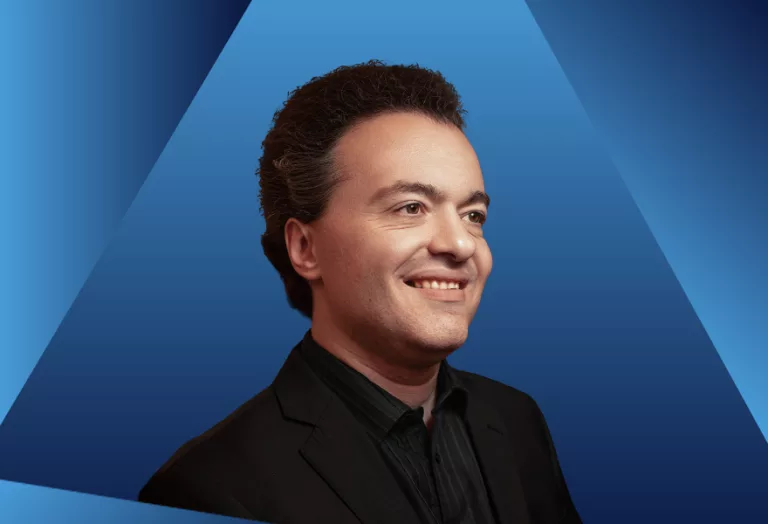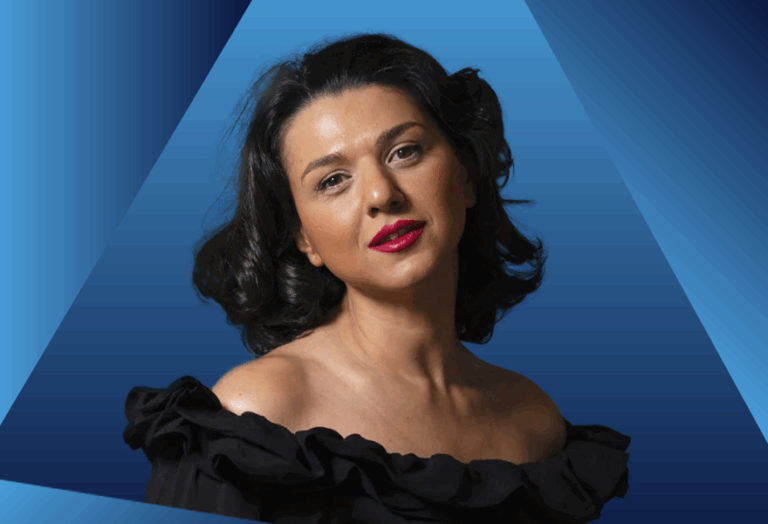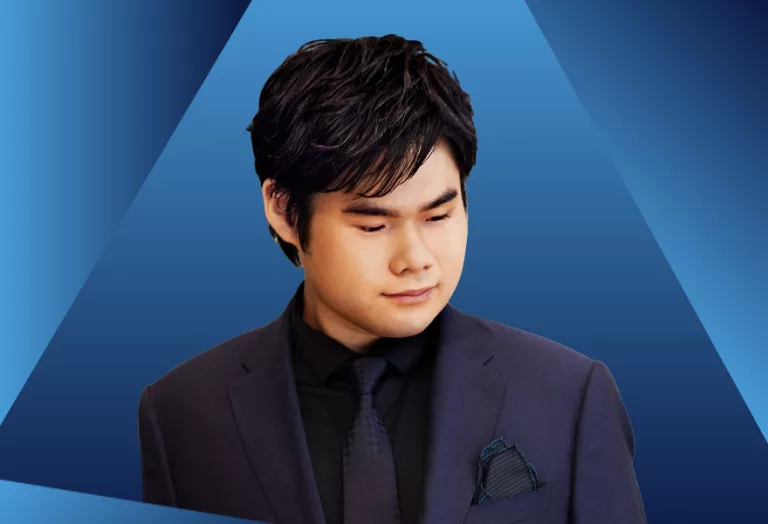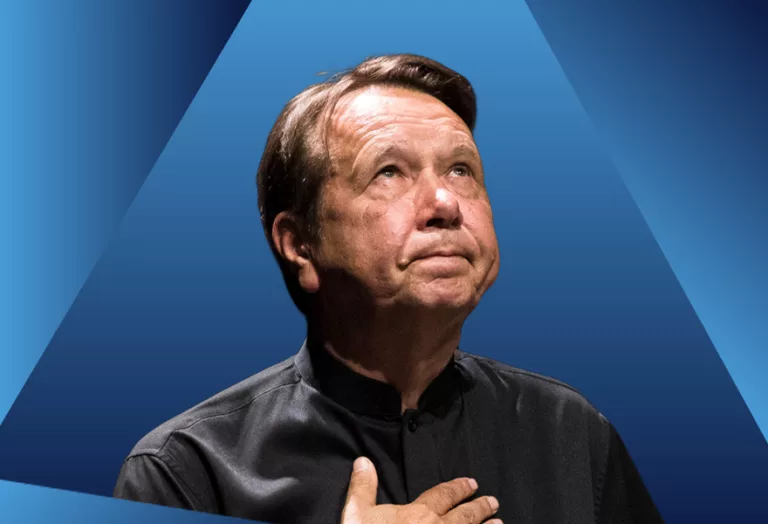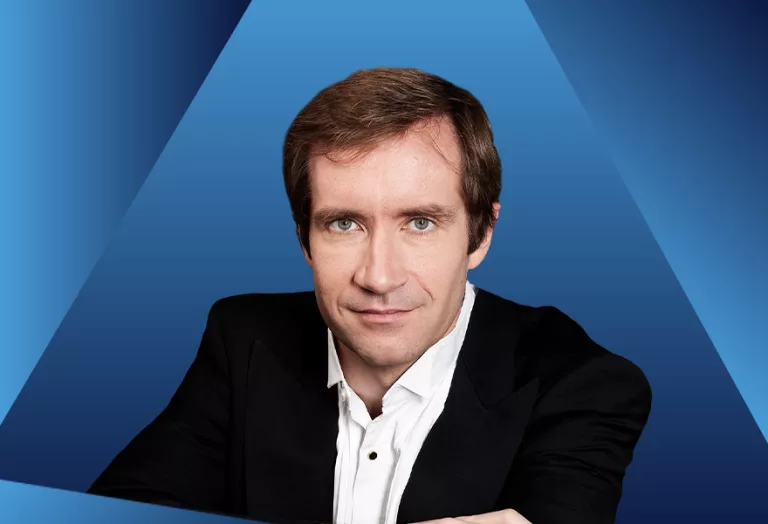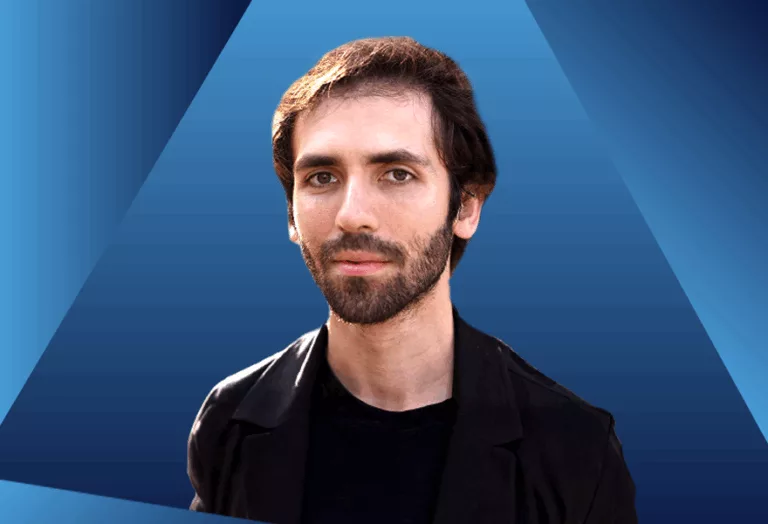RICHARD GOODE
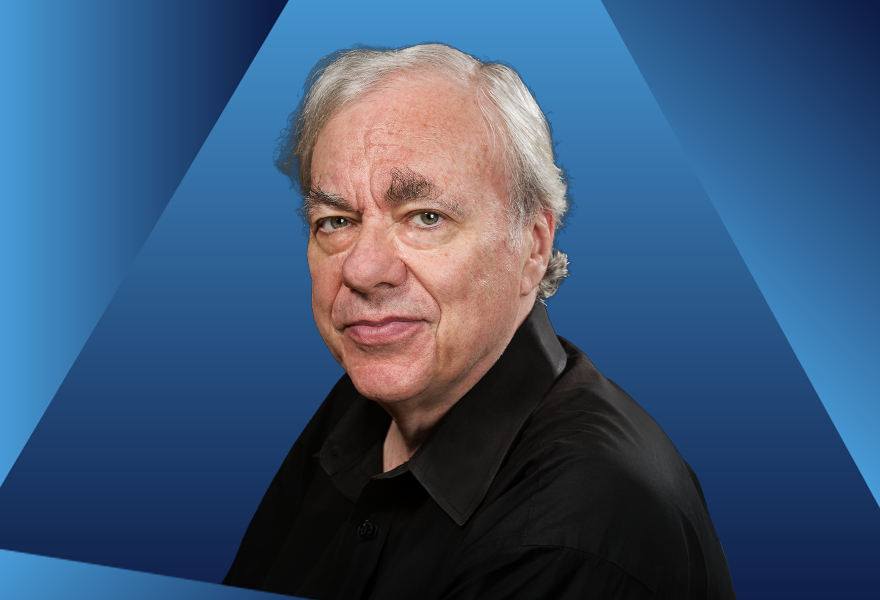
A pupil of Serkin and winner of the Clara Haskil Prize in 1973, Richard Goode was the first American to record the complete Beethoven Sonatas. The legend returns for a programme devoted to Beethoven, Brahms, Schumann and Schoenberg.
Programme
LUDWIG VAN BEETHOVEN (1770-1827)
Piano Sonata No. 27 in E minor Op. 90
ARNOLD SCHOENBERG (1874-1951)
Six Little Piano Pieces Op. 19
JOHANNES BRAHMS (1833-1897)
Six Pieces for Piano Op. 118
Interval
ROBERT SCHUMANN (1810-1856)
Davidsbündlertänze Op. 6
Richard Goode plays Beethoven: Piano Sonata No. 30 in E Major, Op. 109
Like musical haikus, Schoenberg’s Six Little Pieces distance themselves from the grand form inherited from Beethoven: barely a minute long, they each set out ideas that are fresh but not devoid of depth. Beethoven’s Sonata Op.90 is equally singular. Four years after Les Adieux and just as long before the Hammerklavier, the composer offers an original work in two movements, in which the melodies glide along, indolent, in a style close to Schubert. True false dances, the Davidsbundlertanze are both an expression of Schumann’s struggles to win the hand of his future wife Clara, and the first expression of Schumann’s artistic duality, the famous Eusebius and Florestan, which would permeate much of his future work. Almost 60 years later, Brahms dedicated his late Op. 118 to the same Clara Schumann. Today we remember the famous Intermezzo, which depicts a host of feelings, from nostalgia to inner turmoil, in a form of proven effectiveness.
